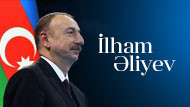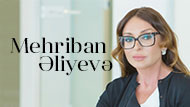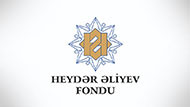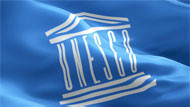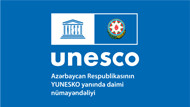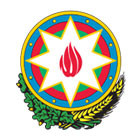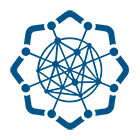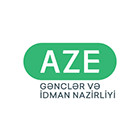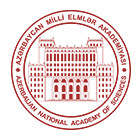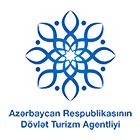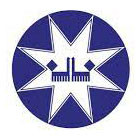UNESCO held the World Conference on Culture and Arts Education in Abu Dhabi
2024-02-15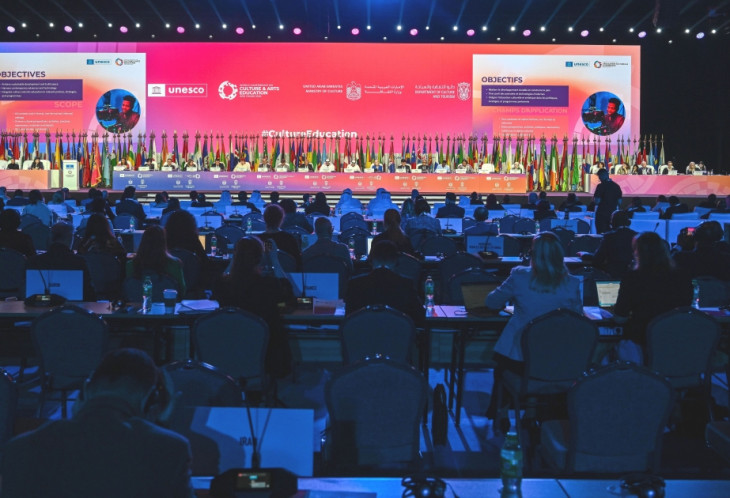
UNESCO World Conference on Culture and Arts Education ended in Abu Dhabi, the capital of the United Arab Emirates (UAE).
According to AZƏRTAC, citing "Emirates" news agency, during the three-day event held at the Abu Dhabi National Exhibition Centre, discussions on the global framework for culture and arts education involved education and culture ministers, scholars, cultural institution leaders, and experts from various countries around the world.
UNESCO's World Conference on Culture and Arts Education provided a platform for member states, policymakers, UN agencies, and other partners to endorse the "Framework for Culture and Arts Education." The conference program drew on the roadmap presented at the 2006 Lisbon Conference on Arts Education and the 2010 Seoul Conference. The event facilitated exchange of experiences in these fields, offering recommendations to strengthen cultural education through integrated policies and creative initiatives.
UNESCO's Assistant Director-General for Culture and the Chairperson of the UNESCO World Conference on Culture and Arts Education, Mohammed Khalifa Al Mubarak, stated: "Based on the tradition of lifelong learning, we take pride in organizing this significant event because it fosters dialogue and addresses global issues in cultural and arts education. Recommendations provided here under the Global Framework for Culture and Arts Education Program will lead to the development of new guidelines for member states, aiming to implement them both within and beyond school curricula."
The conference featured discussions around seven main themes, including equal access to cultural and arts education, promoting quality and relevant lifelong learning within cultural diversity, fostering skills for shaping sustainable and just futures, systematizing and evaluating ecosystems of cultural and arts education, integrating cultural and arts education through digital technologies and artificial intelligence, partnership and financing for supporting cultural and arts education, and monitoring, research, and information exchange. Recommendations included initiatives such as residency programs for artists and dissemination efforts, emphasizing the development of resources and facilitation activities, and implementing annual training programs in various cultural disciplines for educators.


